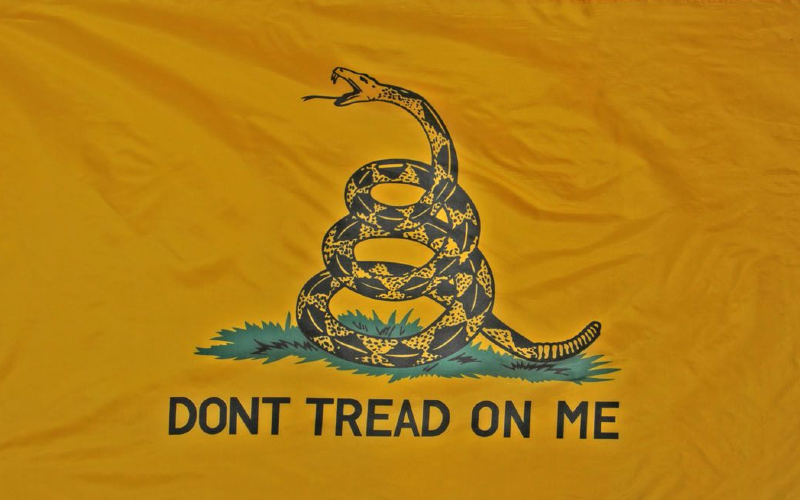Nebraska has a new law that incentivizes tax credits for private donations for scholarships so low-income families can send their children to the schools of their choice.
Sponsored by Omaha Senator Lou Ann Linehan (R), the bill does not appropriate taxpayer dollars directly toward private school vouchers. Instead, it allows businesses, individuals, estates, and trusts to donate a portion of owed state income tax.
Public school advocates, however, have blasted the measure as a "school voucher scheme" that will hurt the state's K-12 public school system. They argue that diverting tax dollars to private schools from the state's general fund is money that should go to struggling public schools.
Individual donors and public education unions like the Nebraska State Education Association have reportedly obtained enough petition signatures for their "Support Our Schools" effort to try and repeal the measure in a 2024 election.
Nate Grasz of the Nebraska Family Alliance (NFA) tells AFN the unions are convinced thousands of kids will leave public schools, and he thinks they should consider why that is the case.

"Why would that be such a bad thing if a child who is struggling or falling behind is given an opportunity to be put in a learning environment that's better for them, that maybe aligns more with their family's values and beliefs and puts that child in a position to thrive?" he poses.
Now, after collecting nearly double the roughly 60,000 valid signatures needed to make the ballot, Grasz says organizers must fulfill their obligation to explain to voters what is so bad about the bill.
"Our state teachers union is going to have to try to demonstrate why specific children who will be receiving and benefiting from this program should have it stripped away from them," he submits.
Under the contested law, businesses and individuals can donate up to $100,000 a year, and estates and trusts could offer up to $1 million a year. The money would be allocated to families by non-profit groups. Otherwise, it would go into the state's general revenue fund.
Some lawmakers objected to taxpayer dollars going to private schools that are allowed under religious tenets to "discriminate" against LGBTQ+ students.







